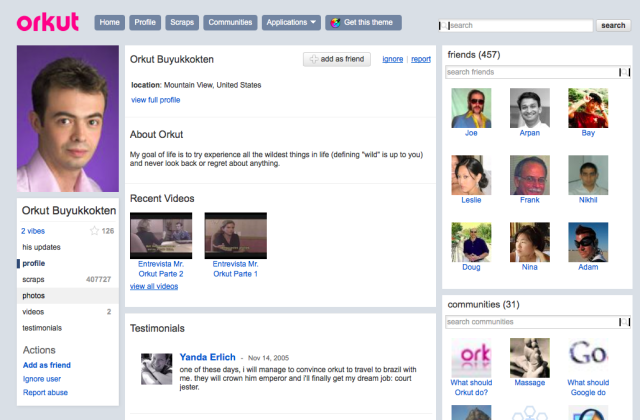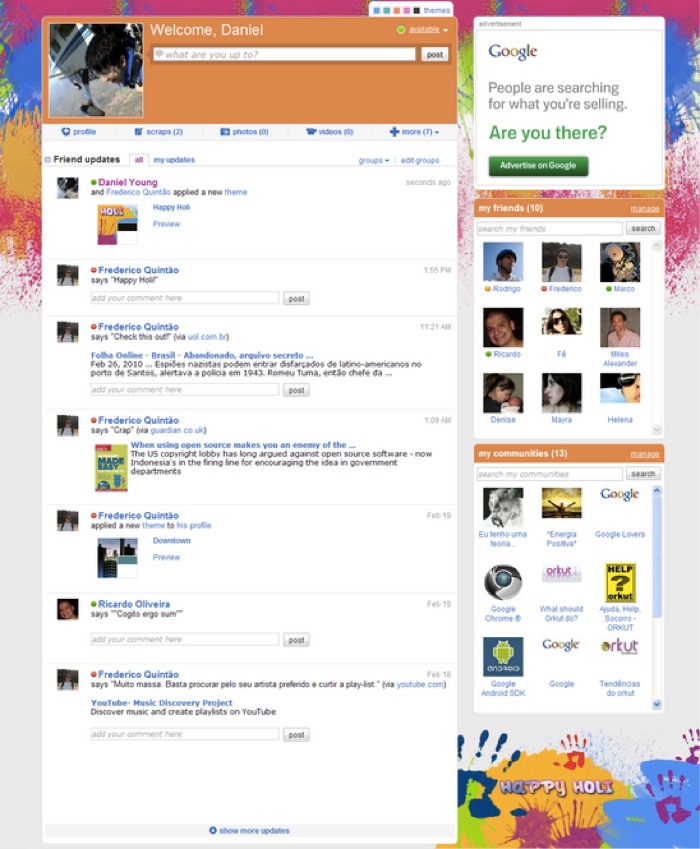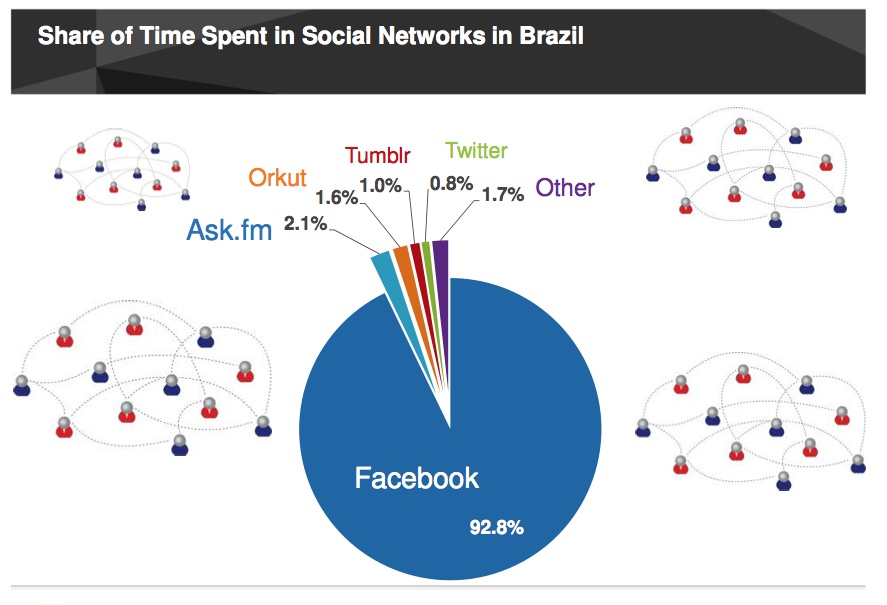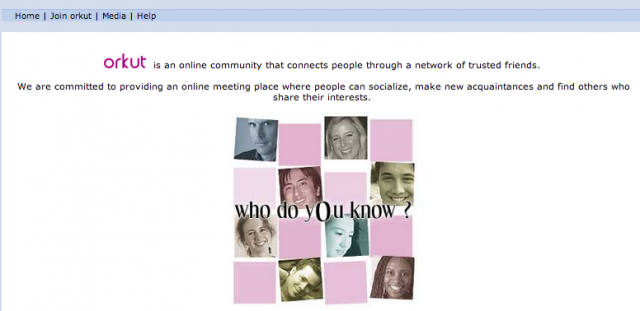Google Is Shutting Down Orkut, Its First Social Network. Wait, What's Orkut?
Before there was Facebook, WhatsApp or Google+ or even Google Buzz, there was Orkut, Google's first social network.
In 2004, after a failed attempt to buy Friendster, Google launched Orkut. The site was Google's first foray into a social network in the days before anyone knew what a "social network" was.
On Monday, Google announced that it will finally shut Orkut down at the end of September 2014
Google will keep a public archive of some parts of Orkut. Fortunately, though, it makes it easy to erase memories of your embarrassing past. Ex-users who don’t want their posts or names to be included in the archive can permanently delete their information by following these instructions.
What spurred this decision?
Google killed Orkut to focus on YouTube, Blogger and Google+, where community growth “has outpaced Orkut’s growth,” wrote engineering director Paolo Golgher.
forbes.comOrkut, named for its creator Orkut Büyükkökten, had a surprisingly long run given its steady demise over the last few years — a possible indication of Google’s reluctance to give up on a social network. It’s also an example of its seemingly arbitrary decisions on when to kill a project. (Google Reader fans still mourn the sudden execution of a much-loved product.)
Orkut’s stronghold in Brazil was largely a fluke. The company never intentionally marketed the site toward Brazilians in its early years, but as it became the biggest player in the market, Orkut’s operations were moved to Brazil in 2008. In March of 2011, Google Chairman Eric Schmidt was still touting Orkut’s prominence in Brazil as a sign that Google had social networking muscle to be reckoned with.
forbes.comAt that time, it had 32.7 million users in Brazil — three times as many as Facebook — but that didn’t last long. Six months later, Facebook took the lead, and Orkut never reigned again. By late 2012, Facebook dominated. In a comScore study of time spent on social networks in Brazil, Facebook led the way with 92.8 percent of the pie. Orkut had less than 2 percent.
cnn.com


